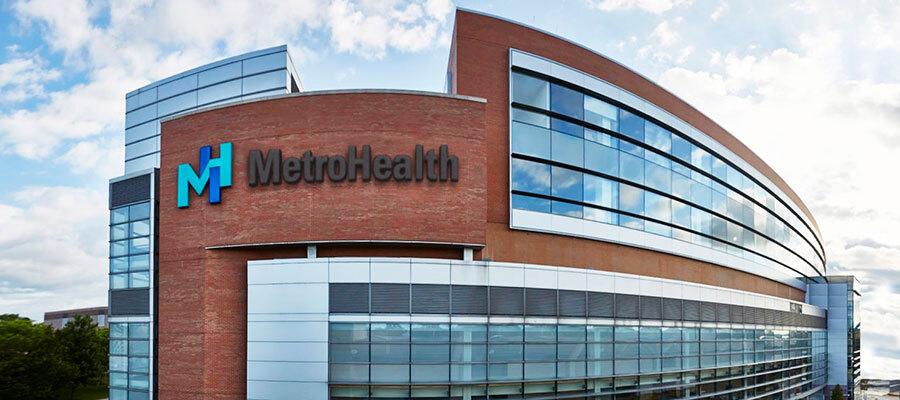Cleveland health system tackles social determinants of health

When a Latina schoolteacher in northern Ohio started getting blurred vision, her first thought was that she was going blind and would need to leave her job. She soon found out she had diabetes and assumed she faced long-term medication.
However, doctors and staff at Cleveland-based MetroHealth, Cuyahoga County’s public health system, took a more holistic approach. Realizing that her diet exacerbated many of the issues related to her disease, the health system found a Latino cook who taught her to prepare the traditional food her family enjoyed in a healthier way. The woman soon came off her medication, regained her vision and feels empowered to take care of herself and her family.
It’s an example of how MetroHealth’s new Institute for H.O.P.E. (Health, Opportunity, Partnership and Empowerment) helps address the social determinants of health in the community. Located on the health system’s main campus, the Institute and its future Economic Opportunity Center will serve the neighborhood with resources such as computer and financial literacy training, a grocery store with fresh food, legal counseling, a food pantry, workforce development center and community kitchen.
To reach those who need assistance, MetroHealth caregivers screen patients for social needs such as access to food, housing and transportation.
“In order for people and communities to become healthy, we need to provide those opportunities for them to be healthy [and] remove the barriers that come into play that impede their progress towards health,” said MetroHealth President and CEO Akram Boutros, M.D.
Institute President Susan Fuehrer, former chief executive for the Department of Veterans Affairs’ VA Northeast Ohio Healthcare System, hopes to bring her experience working with community partners to her new role at the Institute.
With more than 1,700 local community services, “in many respects [the community is] really rich in services,” Fuehrer said, “but what we haven’t been able to do well is really make sure we are linking the patient at the right time, in the right way, with [a service to address] their need, and that’s what we hope to do with the Institute for H.O.P.E.”
She said the Institute will partner with the Population Health Innovation Institute at MetroHealth Care Partners, the health system’s Medicare accountable care organization, to identify care and service gaps.
In addition to the Institute for H.O.P.E., the health system has opened a smaller resource at its Buckeye Health Center in Cleveland with services such as health education, legal help, social service navigation and food benefit application assistance. In addition, it plans to build three apartment buildings, including one on the main campus, offering affordable units to those who earn 30%-80% of the area’s median income.
“Doctors and nurses are great at providing health care,” Fuehrer notes, “but how do you provide health care when you have a patient before you that doesn’t have a house to take the insulin home and put it in the refrigerator?”

